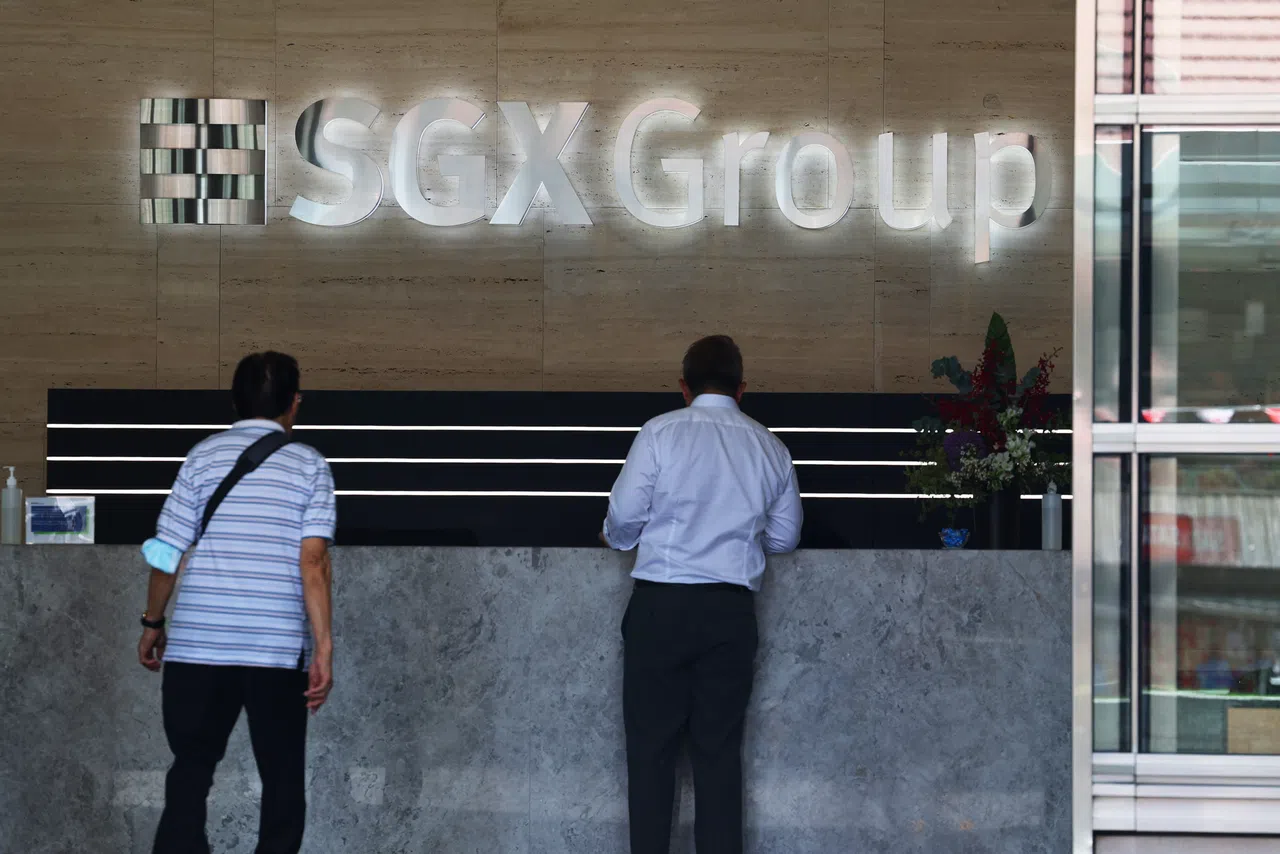THE losses that former True Group chief executive officer Patrick Wee owes to the fitness chain should be calculated with reference to past performance and not internal budgets, Singapore’s High Court ruled on Thursday (Sep 5).
This method of calculation, preferred by Wee, would result in a lower estimate.
In July 2022, True Group won a lawsuit against Wee for mismanaging the closure of its Malaysia and Thailand operations in June 2017.
Despite knowing about these impending closures as early as that February, Wee allowed the sale of new gym memberships – for terms of up to five years – till end-May.
How much Wee owed is to be decided at a later date, with Thursday’s judgment relating to this matter.
The plaintiffs are True Group’s three Singapore-incorporated units – True Yoga, True Fitness (STC) and True Fitness. They wanted an internal budget benchmark to be used in calculating the losses.
A NEWSLETTER FOR YOU
Friday, 8.30 am
SGSME
Get updates on Singapore’s SME community, along with profiles, news and tips.
Wee argued instead for a historical benchmark, estimating expected cash sales and expenses with reference to past performance.
In a written judgment on Thursday, Justice Choo Han Teck said that the historical benchmark should be adopted. But on other points related to the calculation of losses, he agreed with the plaintiffs’ approach.
The parties should instruct their experts to reach an agreement on the value of the losses, he said, adding: “Parties have liberty to apply if an agreement cannot be reached.”
How to quantify losses
Testifying for the True Group companies, chartered accountant Tam Chee Chong estimated the losses to range from S$5.9 million to S$13.9 million.
Wee’s expert, chartered accountant Tham Chee Soon, maintained that the losses would only be S$284,280, based on his model.
Justice Choo noted that the plaintiffs’ losses are the “financial loss arising from damage to the brand equity of the ‘True’ brand”, which is hard to assess as there is no objective metric for brand equity.
Both experts agreed that this should be calculated from the loss of cash sales, less expenses. But they disagreed on whether to measure this over three months or 12 months, and whether to use a historical or budget benchmark.
They also disagreed on whether the loss of sales was due to factors other than brand equity – and thus, the extent to which Wee’s breaches of contractual and director’s duties contributed to it.
Outlining the parameters
Justice Choo said that the budget benchmark was not reliable as the budgeted figures “significantly exceeded” actual performance. For February to May 2017, actual performance was 13 per cent to 19 per cent lower than budgeted.
“This large variance over four months suggests that the FY2017 budget is not a reliable benchmark and supports the defendant’s claim that he had prepared unrealistic (and difficult-to-achieve) projections to impress Tongfang,” said Justice Choo, referring to Hong Kong-listed Tongfang Kontafarma, which took a stake in True Group in May 2017.
However, he agreed with True Group’s expert that the historical benchmark should be based on a direct comparison to the year-ago period – instead of an extrapolation of expected performance, preferred by Wee’s expert.
He also agreed with True Group that monthly fees collected from gym members should be taken into account, as the onus lies on Wee to prove that he was not responsible for such losses.
As for how long Wee’s breach of duty might have affected sales, Justice Choo agreed with True Group that losses should be assessed for the 12 months from July 2017 to June 2018.
This was after taking into account objective data. Average monthly membership sales fell in that period, after the June 2017 announcement of the closure of True Group’s Thailand and Malaysia operations.
Separately, a “significant part” of Wee’s case was the argument that True Group’s performance was hit by factors besides his breach of duty – mainly changes to its membership and pricing structure.
Wee argued that the original term membership plan was replaced by an unpopular option, so sales would have fallen regardless of his breaches.
Justice Choo said that there were “crucial problems” with Wee’s case. A fall in 36-month term membership sales after June 2017, for instance, could be explained by Wee’s breaches – as True Group argued – and not by Wee’s claim that the company stopped promoting such plans.
Rather, Justice Choo agreed with how True Group’s expert Tam accounted for the change in business model, which he called a “sensible and reasonable” approach.
Tam adjusted the cash sales for December 2017 and the first half of 2018 to a full prepaid term membership business model. He did so by using revenue from term memberships from October 2017 as a proxy, and removing all revenue generated from the new “dues plus” memberships.
Using the October 2017 figure is fair, as this revenue “did not differ too greatly from the other months after revenues had stabilised from the closures”, added Justice Choo.







